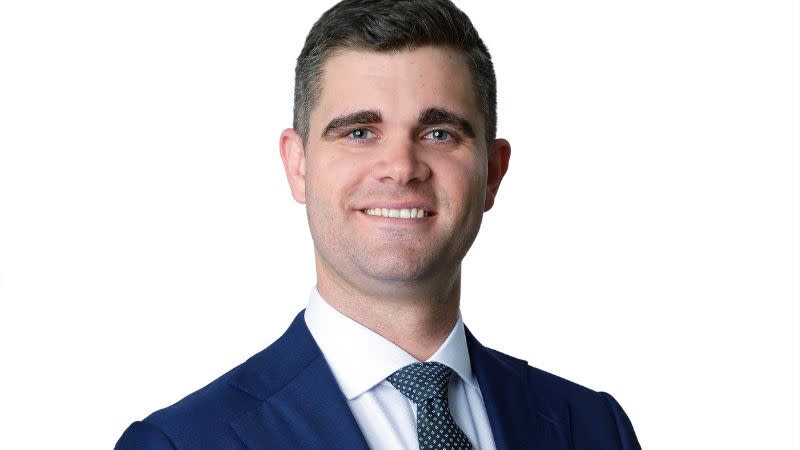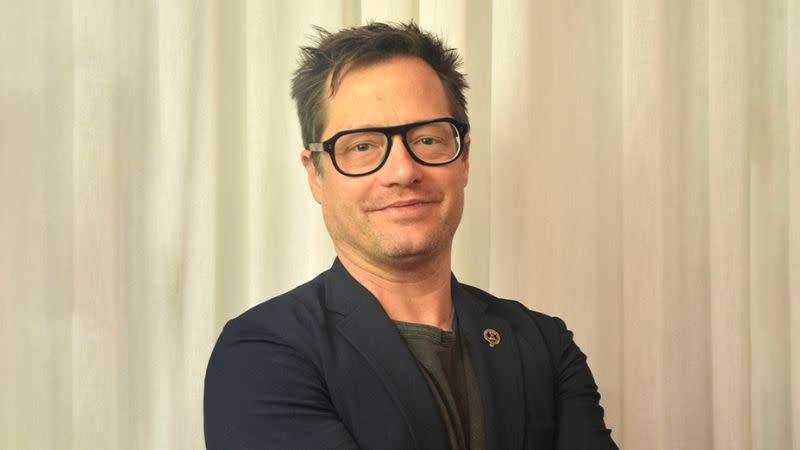
NOMINATIONS CLOSE SEPTEMBER 12 RECOGNISING THE INDIVIDUALS BEHIND THE PROJECTS
NOMINATIONS CLOSING SEPTEMBER 12 URBAN LEADER AWARDS
Resources
Newsletter
Stay up to date and with the latest news, projects, deals and features.
Subscribe
Technological capabilities in office spaces are key to attracting and retaining staff for companies as well as giving assets a competitive edge, according to the latest report from essensys.
Profound changes in how and where employees work will continue to anchor the future of office discussion.
Essensys senior vice-president, APAC, Sean Lucas explained that assets will have to go above and beyond just selling or providing a standard office product to customers.
“The more an asset can do in terms of technology provisioning for customers, the more competitive and in demand it will be,” he said.

Other industries have already managed to deliver technology-enabled offerings and services on-demand, Lucas said, and this asset-light service company model could and should be applied to flexible office spaces.
“Today, flex is still in the low single digits in terms of supply, but that number is expected to grow to 30 per cent in most markets by 2030, so the market at the moment is undersupplied,” he said.
Better-serviced ‘hosted’ offices are a growing trend as part of the move to flexible workspaces, and technology is a key part of this offering, according to Hub Australia chief executive Brad Krauskopf.

“A hosted experience is considered, deliberate mix of customer service, tech and amenity to make the office space a destination that people want to come to,” he said.
“A ‘superior’ workplace is not really about the number of days in or out of the office though.
“It’s about equipping your team with the culture, technology, KPIs, systems and autonomy to make choices about how they work—that will most attract and retain the best talent.”
As office worker expectations continue to shift in a digital-first, hybrid work environment, the report found that certain types of technology will entice nearly 70 per cent of workers back to the office and 85 per cent of respondents, especially workers under age 41, would want to work in a flexible workspace near their homes at least as much as their primary office.
This change does not necessarily mean an end to the corporate homebase, according to Krauskopf, but it will change office requirements in the foreseeable future.
“A suburban flex workspace will not replace the corporate HQ—rather it will complement the HQ,” he said.
“Hybrid work is about giving the person the choice as to where to work from so that they will be most productive for the task at hand.
“A work-near-home option is required for those that do not benefit from having a suitable home office, or even if they do, need special technology, work side by side with others or want to work quietly, but do not want the cost and time of the commute.”
These changes to the way Australians work are clearly already underway, but they open up challenges for flexible workspaces which will consistently and constantly need to adapt to the demands required by a new way of working.
Essensys senior vice-president Sean Lucas said that investments should specifically be aimed at connecting this increasingly flexible workforce.
“As end-users become more mobile and untethered from a single fixed workplace, technology will increasingly be leveraged to allow them to do their best work from a wide variety of spaces and across a portfolio of locations,” he said.
“End users are definitely wary of making long term investments and it does not make sense for them to be spending a lot of money to fit out offices on a traditional basis given the general uncertainty in the market.
“Office companies on the other hand are recognising that if they want to remain in the business of selling places to work, they absolutely need to make technology investments in order to stay relevant and competitive.”
These seismic shifts mean that investment in technology has never been so important, he explained, to ensure the competitiveness of assets well into the future.
“Futureproofing is really getting the product, in this instance the office, closer to what today’s customers want. Simply put, it is meeting customer demand,” Lucas said.
The Next, Flex | Technology for the next generation Australian office report is a joint collaboration between essensys and Flexible Workspace Australia. Download a copy of the report here.
The Urban Developer is proud to partner with essensys to deliver this article to you. In doing so, we can continue to publish our daily news, information, insights and opinion to you, our valued readers.